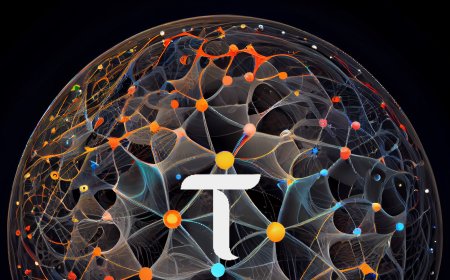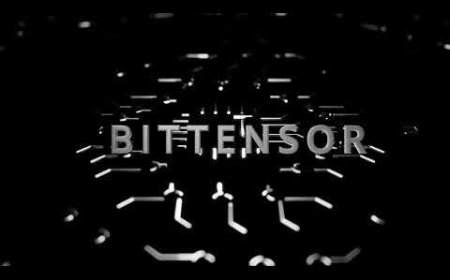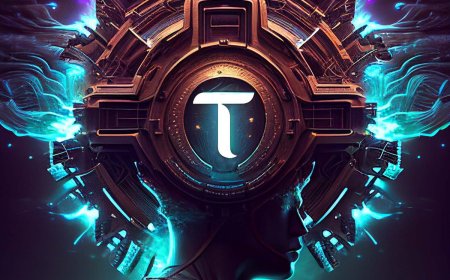Unlocking Commune AI's Future
Today, we're diving into the governance proposal for Commune AI. If you're eager to grasp how this proposal is shaping the future of Commune AI and why it's a significant development, keep watching. Let’s delve into it.

Today, we're diving into the governance proposal for Commune AI. If you're eager to grasp how this proposal is shaping the future of Commune AI and why it's a significant development, keep watching. Let’s delve into it.
What Is Commune AI's Governance Proposal?
Commune AI's governance proposal represents a pivotal milestone in the journey toward decentralization within the Commune AI ecosystem. This is more than just a proposal—it's a gateway to a more inclusive and democratic decision-making process. Until recently, Commune AI stakeholders lacked effective tools to voice their opinions and ideas to the protocol. Governance relied heavily on central authority, which restricted active participation beyond reward allocations. But now, that’s changing.
Key Changes with the New Governance Proposal
A few days ago, three out of five multi-signature nodes initiated a runtime update, introducing an on-chain proposal-based governance mechanism. Thanks to the efforts of Hansa and his team, Commune AI now features an accessible governance user experience. This allows stakeholders to create and vote on proposals seamlessly through a simple user interface. This update facilitates widespread participation in on-chain governance, empowering the decentralized stakeholder community to have a greater influence on Commune AI governance. This is exciting news and a fantastic achievement by Hansa and his team.

Types of Proposals
The governance proposal introduces three types of proposals:
- Global Parameters: These proposals manage parameters affecting the entire blockchain network, such as emission rates or the maximum number of subnets. They are executed automatically by the blockchain without any human intervention.
- Subnet Parameters: This type adjusts parameters specific to individual subnets, such as trust ratios. While these are typically authority-based, they can also be managed through proposals.
- Custom Proposals: These involve manual execution and are signed by trusted individuals like Con Swap and Hansa. Custom proposals can include implementing updates, such as changes to incentives. For more information on creating your own proposal, check the link in the description.
Why Is This Proposal Crucial?
This governance proposal is crucial because it fosters a culture of active participation and ensures that all stakeholders have a voice in shaping Commune AI's future. By introducing a fee for proposals, Commune AI incentivizes meaningful contributions while discouraging spam and frivolous proposals. Successful proposals lead to positive changes within the protocol and result in the return of the deposit, further motivating active participation and responsible governance.
Conclusion
In summary, Commune AI's governance proposal is a game-changer. It lays the groundwork for a more transparent, inclusive, and democratic decision-making process within the Commune AI ecosystem. As we transition towards full-chain decentralization and proof-of-stake mode, opportunities for community involvement and influence will only expand. If you're part of the Commune AI community, prepare to play a role in shaping the future of AI governance.
















